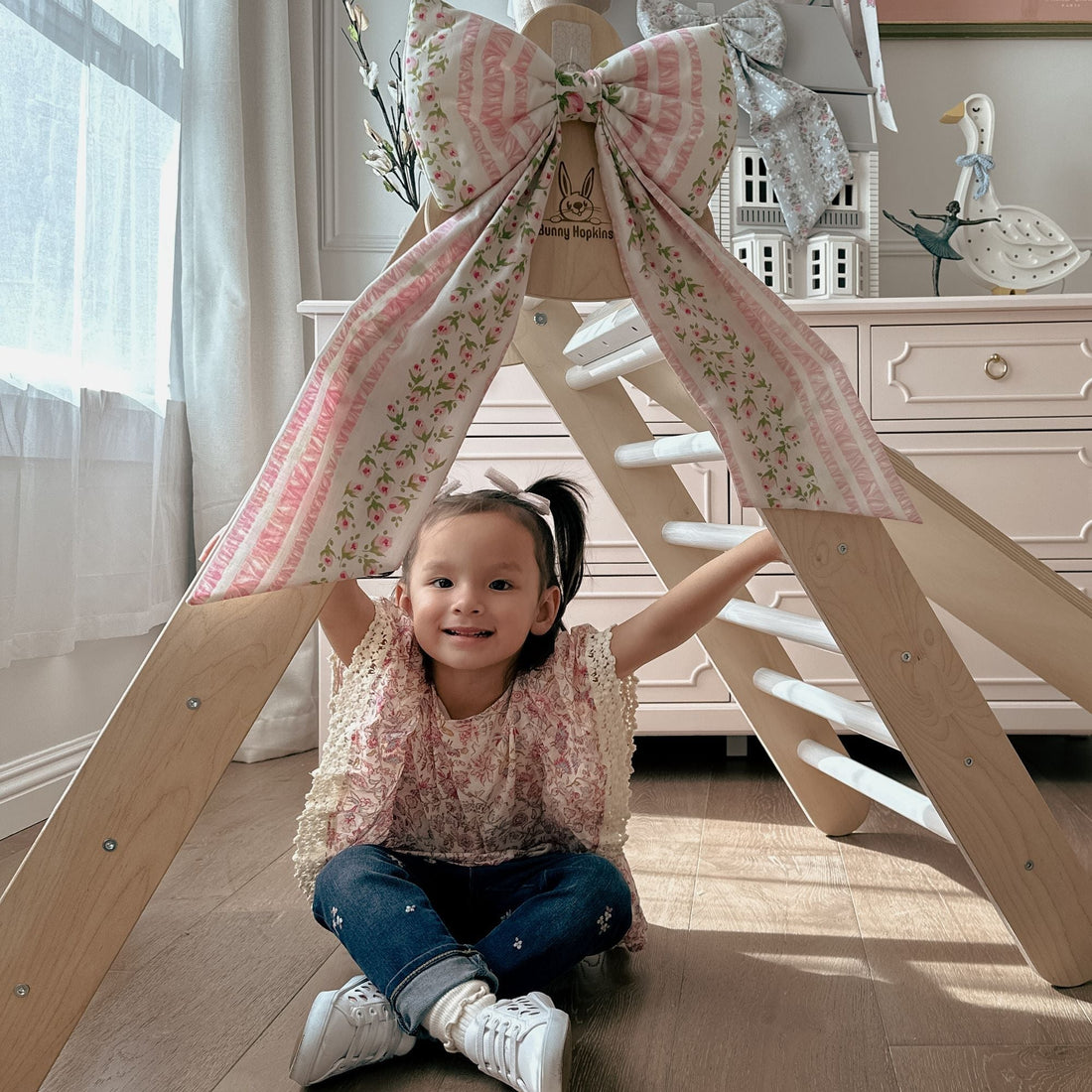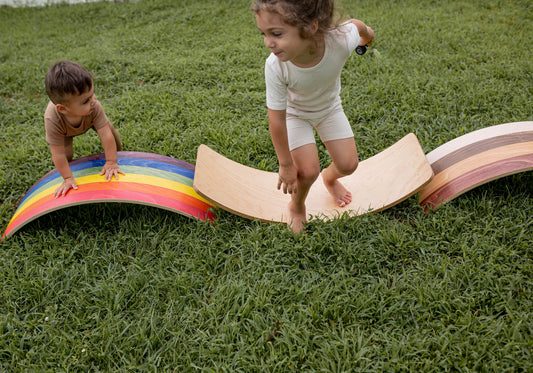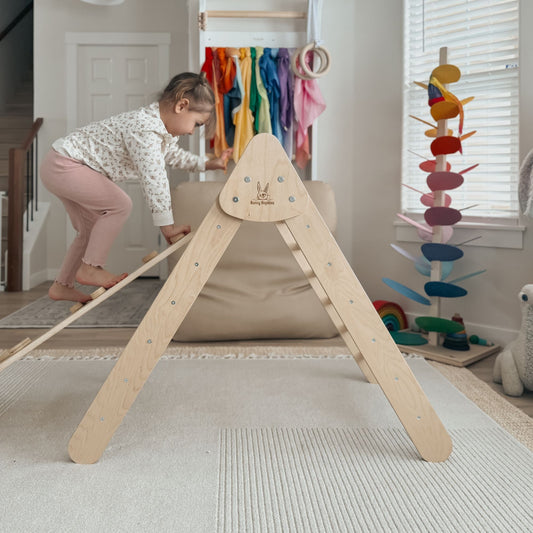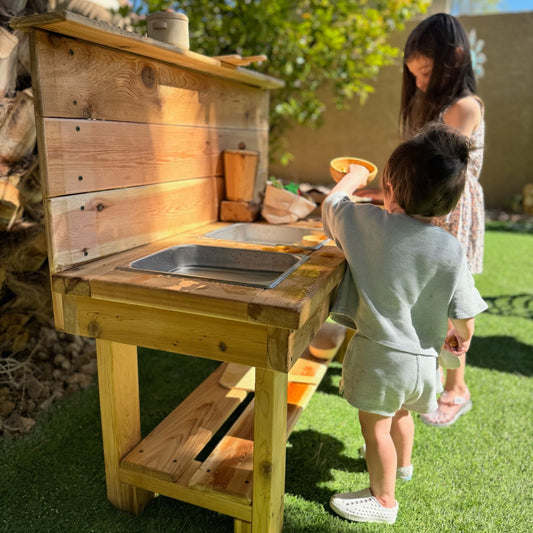
Raising Kids in the Age of AI
Shamik DasguptaShare
This isn’t the future we imagined — it’s the one our children are living in now.
Everywhere we turn, AI is reshaping how we work, learn, and connect. It’s writing code, diagnosing diseases, driving cars, and answering questions faster than we ever could. By the time today’s preschoolers and elementary-aged kids graduate high school or college, AI will be deeply woven into nearly every aspect of life. The traditional job landscape will look unrecognizable - and that’s not a bad thing. But it does mean we, as parents and caregivers, need to rethink what child development truly means in this new world.
Because it’s no longer about memorizing facts. It’s not even just about STEM skills. It’s about nurturing the human qualities AI can’t replicate — creativity, curiosity, and resilience.
Creativity is what allows children to think beyond the obvious, to imagine new possibilities, and to dream up ideas that no algorithm can anticipate. Curiosity is the fuel that drives lifelong learning — the kind that doesn't stop at a diploma but evolves with every new breakthrough. And resilience? That’s the quiet superpower they’ll need to navigate uncertainty, adapt to change, and bounce back when things don’t go as planned (because they often won’t).
I don’t see AI as the enemy. I see it as the backdrop — the canvas on which our children will paint entirely new lives. But only if we give them the tools to do it.
So let’s encourage unstructured play. Let’s ask more open-ended questions. Let’s celebrate effort more than outcomes. Because while AI might shape the future, it’s our children’s hearts, minds, and spirits that will define it.
This is the world they’re inheriting. Let’s raise them to lead it.



